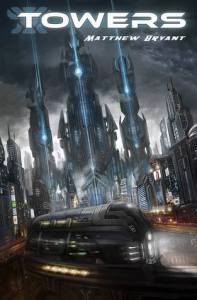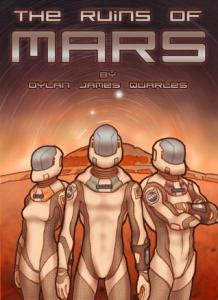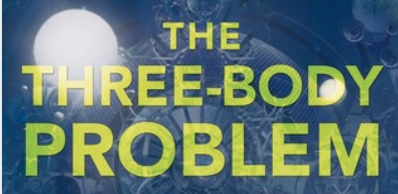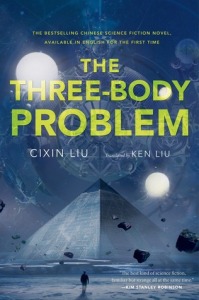 Author, Matthew Bryant, sent me an ecopy of his novel, Towers. (I’ve also seen it on the KDP free list.)
Author, Matthew Bryant, sent me an ecopy of his novel, Towers. (I’ve also seen it on the KDP free list.)
Description from Goodreads:
The next job, the next fix, the next thrill has been the mindset of Heath Fallows since the day he abandoned his broken home for the harsher call of the streets. But being a homeless thief in a conglomerate society will only get you so far, and he soon finds himself surviving by skirting outside of business infrastructure.
A career of breaking and entering and drug-peddling is brought to a screeching halt when a successful job leads to being chased down by a supernatural entity and left for dead.
Working outside of his traditional networks, Heath is forced to dig deeper into the underbelly of society, locked closets of high culture, and the deadly unknown beyond the district boundaries to uncover what he overlooked and the truth behind the towers of corporate dominance.
Review:
I don’t often use star ratings here, but I think, in this case, it will help me make a point about how I feel. I’m really torn between a three-star and a four-star (out of five). Certainly, the writing is good enough to qualify for a four-star rating, with few editing mishaps to detract from what is just a wonderful use of language to tell a story. However, that story is somewhat on the vague side.
It’s action-packed. What feels like a good 80% of the book is dedicated running, fighting, blowing things us, etc. In all honesty, it got old. I needed something to break it up, even as well-written as it was. But all that action leaves little time for figuring out what is going on. Even as I reached the end, I was still wondering what exactly was happening and why exactly the main character took the particular, extreme actions he did. It’s not that his actions didn’t make sense, given that someone was trying to kill him, it just that there was so little time dedicated to exploring the situation that it felt like he leapt from one baseless decision to the next.
The book is a strange blend of cyber/techno-thriller and Mad Max-style dystopia. It made for an interesting world. However, that world, while described well, isn’t well developed. I was left with a lot of questions about it, like, for example, what the ‘ancients’ actually are. I did appreciate its harsh grittiness and some of the gender perverting that happened around the Barron Junkers, but as with everything else, I felt cheated of the details.
All in all, this is a true 3.5. Giving it a three feels like I’d cheat it of well-earned praise, but a four feels like an inflated score. *sigh*




